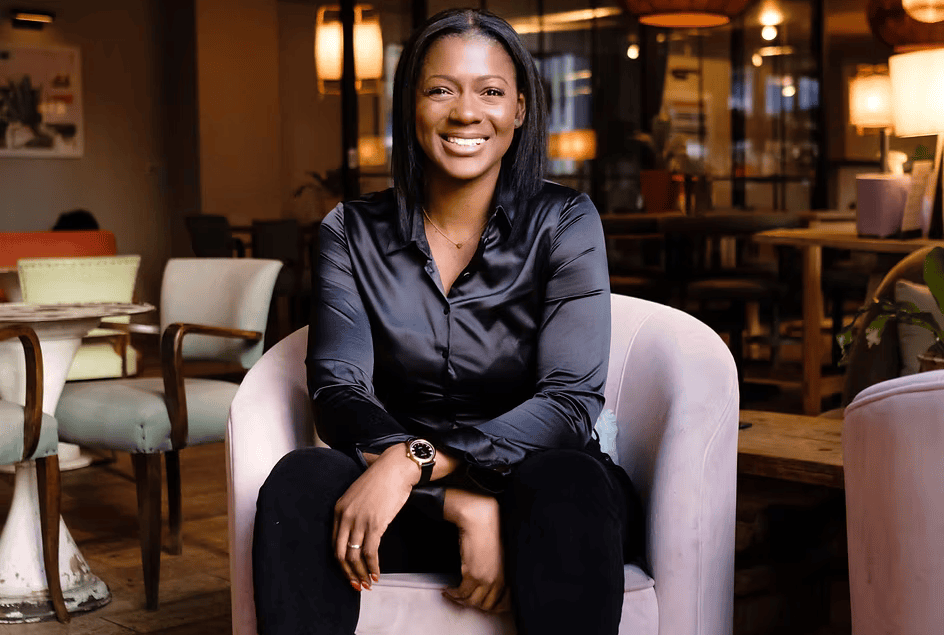How Black Women Can Protect Their Careers Amid Rising Unemployment

The current job market for Black women in the US is bleak. More than 300,000 Black women have exited the workforce in just a matter of months. 518,00 Black women have not returned to the labor force since the pandemic started, meaning their real unemployment rate is over 10%, according to gender economist Katica Roy’s analysis of Bureau of Labor Statistics data, published in MSNBC.
These figures paint an alarming reality: Black women are being pushed out of the workforce at alarming rates. But why is this happening? And crucially, what can Black women do if they find themselves out of work?
To unpack these questions, we spoke to Hannah Awonuga, an award-winning career expert who has built her career spotlighting the challenges Black women face in corporate spaces.
“The first to feel it and the last to recover”
Awonuga says these statistics are heartbreaking, but unfortunately, she’s not shocked. “In both the US and the UK, history tells us the same story,” she says. “When the economy dips or the job market contracts, Black women are always the first to feel it and the last to recover.”
It’s a reality Awonuga has faced, watching peers being pushed out of industries and struggling to regain their footing. “The current political climate has been hard for black women, particularly those in senior roles,” she continues. “These numbers don’t just represent jobs lost; they represent voices lost at decision-making tables.”
Read: Congresswoman Urges Federal Action After 319,000 Black Women Exit Workforce In Just 5 Months
Staying Visible in a Shrinking Market
Awongua emphasizes that the burden and accountability should not be placed on Black women when the system is the issue. Nevertheless, she encourages Black women to make themselves visible both within and outside their organization.
“Build advocates and sponsors who understand the value you bring, document your impact, and don’t hesitate to discuss the commercial outcomes of your work,” she says. “Build an undeniable personal brand that speaks to your expertise and values. It’s not about working harder; we already do that. It’s about ensuring your value is recognised and defended when tough decisions are being made.”
Advice for Black women who have been let-go
“First, be kind to yourself. Advocate for yourself to ensure you secure a safety net that allows you to pause and rest, even if only for a month,” Awongua says. She advises Black women not to see this experience as a reflection of their ability, worth, or potential. “I’ve been there, and I know how destabilising it feels.”
Awonuga suggests taking time to process but not retreating. “Leverage your brand, tap into your network,
reconnect with people who know your value, and don’t be afraid to ask for help.”
“I experienced a lot of loss this year, and I had to go back to therapy, I had to learn how to rest, and I had to lean on my corporate sisters and network. Sometimes our pride tells us we have to weather this alone, but we don’t. And as painful as this season may feel, it can also open doors you didn’t even imagine for yourself,” she adds.
Image: Hannah Awonuga



